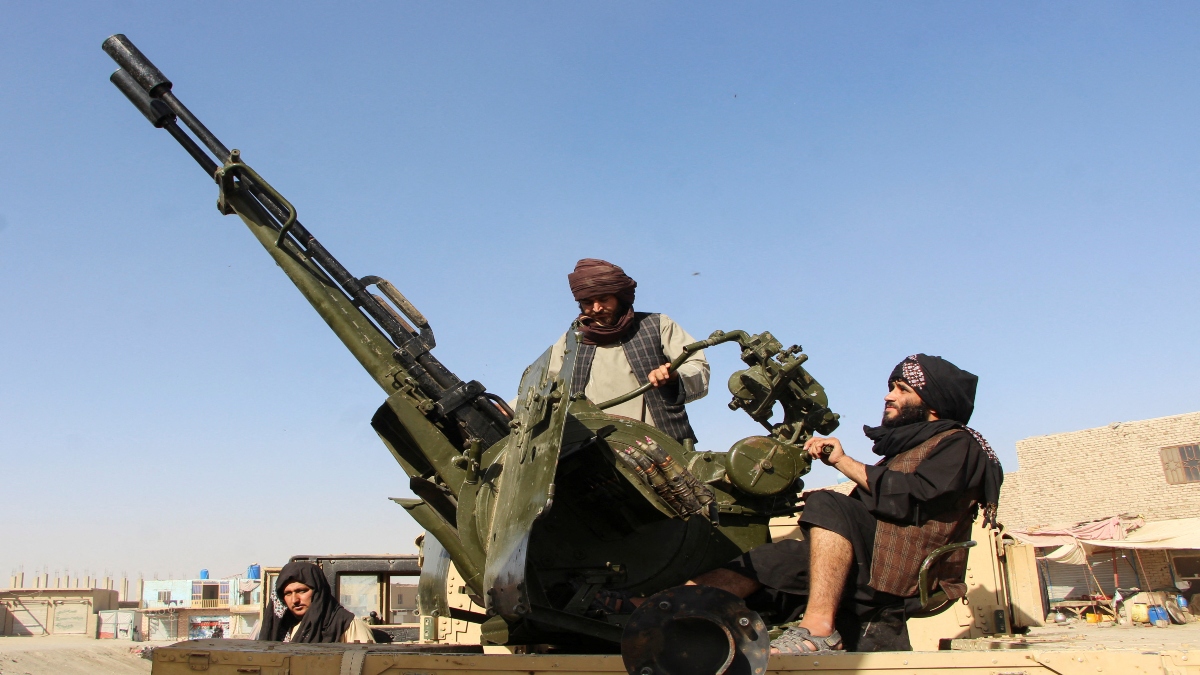Pakistan on Friday acknowledged that its relations with Afghanistan are currently in a “stalemate” after three rounds of talks failed to yield an agreement on counterterrorism cooperation.
The latest round, held in Istanbul on November 7, ended without progress on Pakistan’s core demand that Kabul prevent militant groups from using Afghan territory to launch attacks across the border.
Foreign Office spokesperson Tahir Andrabi, when asked to characterise the state of bilateral ties, said he would be “very careful” in choosing his words, before confirming that the dialogue had reached a deadlock.
“Stalemate," you can say. Obviously, there is a “deadlock” and “impasse” in the negotiations. “You can use these words,” PTI quoted him as saying, adding that Pakistan remains committed to resolving bilateral differences through dialogue.
Reiterating Pakistan’s chief security concern over what it says is ongoing terrorism originating from Afghan territory, Foreign Office spokesperson Tahir Andrabi said the situation had left Islamabad with limited options.
“Innocent civilians, members of the security forces are being killed, unfortunately, by Afghan nationals… Given this situation, what option do we have? We cannot be oblivious to the loss of lives of Pakistanis at the hands of these Afghan nationals, and indeed their TTP and Fitnah-Al-Khawaraj elements,” he said.
Andrabi also said he could not confirm whether the ceasefire along the Pakistan-Afghanistan border was holding.
“It is a long border. We keep receiving reports on incidents here and there. So, it is a difficult situation. I am not in a position to say whether the ceasefire is holding or not holding, but it is a difficult situation,” he noted.
Quick Reads
View AllAddressing bilateral trade, Andrabi said Pakistan had extended several concessions to Afghanistan to promote regional connectivity, but claimed the goodwill had not been reciprocated by Kabul.
“Our positive gestures have not been reciprocated by the Afghan Taliban regime, which continues to harbour and actively support the elements that are perpetrating terrorism against Pakistan while using the Afghan soil,” he said.
He added that commerce could not be insulated from security concerns.
“Trade and transit with Afghanistan are only possible if the Afghan Taliban regime takes clear steps against anti-Pakistan elements operating from its soil. The value of human lives surpasses the value of any trade conducted. This is our position,” Andrabi said.
On the ongoing repatriation of undocumented Afghan nationals, he said the process was being carried out in a coordinated manner, with individuals transported to the border for return.
Responding to a query about Turkish efforts to defuse tensions, Andrabi said President Recep Tayyip Erdoğan had announced the initiative. “We deeply appreciate the sincere efforts of the brotherly people of Turkiye. Further details are being worked out,” he said.
He added that Pakistan would welcome mediation by Iran or Russia to help stabilise relations with Kabul. “We appreciate the offer of mediation of our brotherly country, Iran… Any role from Russia would also be welcome in the sense that Russia has a positive influence on the region,” he said.
On Pakistan’s possible involvement in an International Stabilisation Force for Gaza, he said no decision had been taken yet.
“As a non-permanent member of the UN Security Council, Pakistan is engaged in the negotiations. We await the Security Council’s decision,” he said, adding that any participation would require approval at the highest levels, including Parliament.
With inputs from agencies
)